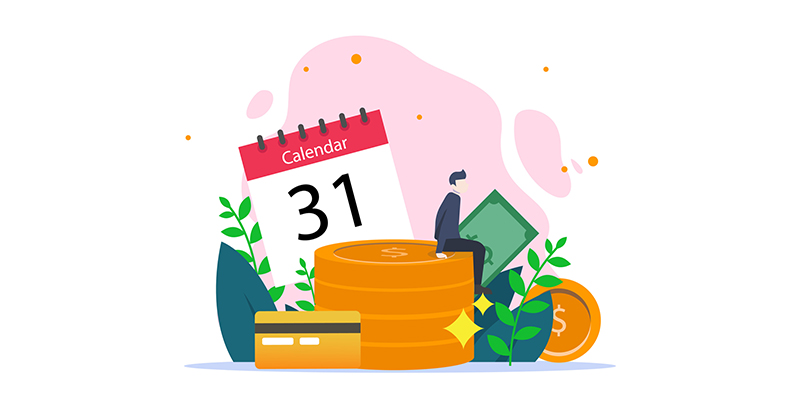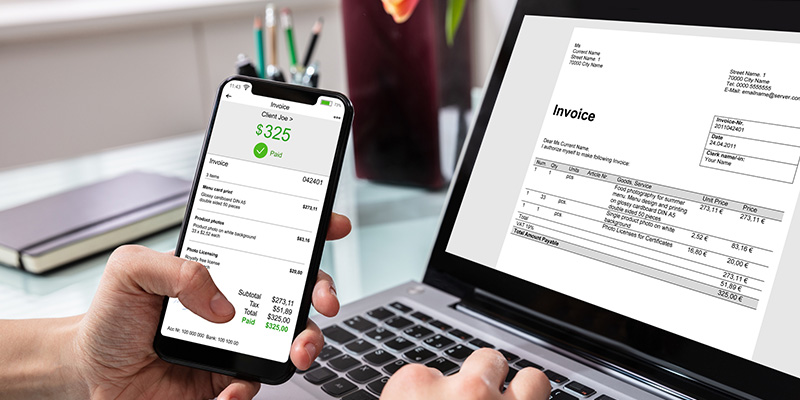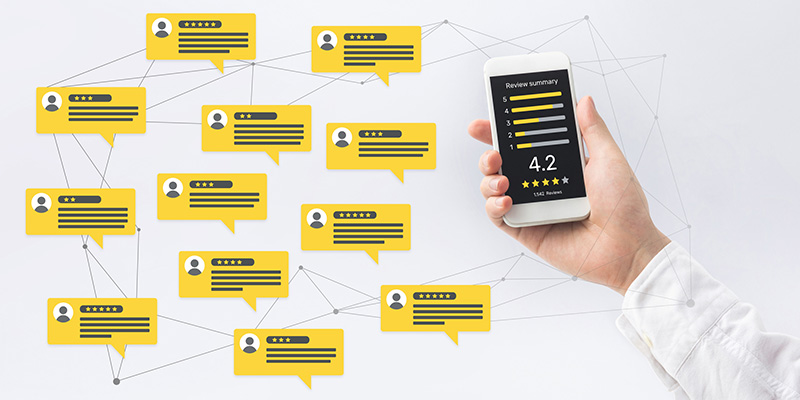When you're trying to learn more about your business finances, a cash flow statement is a must. This financial statement paints a clear picture of how your business is managing its cash to pay debts and fund operations. The cash flow statement can help determine the success of your business and be an important indicator of potential to an investor.
Does your business suffer from late paying customers? Are you a flying-by-the-seat-of-your-pants A/R department of one? Do your clients get away with paying your business late or not at all without any consequences?
If you answered 'yes' to any of these questions, an accounts receivable collections policy can help you:
-
Get paid on time
-
Organize your accounts receivable process so you can handle the job alone
-
Feel like you have some power if your invoices aren't paid
Read more to learn how to use an accounts receivable collections policy and download a free sample template.
There's no question that businesses and cash flow have been affected by the recession and pandemic. Some companies have taken advantage of this time to pivot, rebrand or change focus to save their businesses and keep their customers happy. In the middle of all of that, you might be facing the stress of lacking resources necessary to keep going. You might also be surprised to learn that you actually already have the company funds you need.
Here's how to gain access to hidden cash reserves within your business.
No matter the type or size of your business, accounts receivable and collections is a valuable part of your operations and cash flow. B2B (business-to-business) accounts receivable and collections, however, is very different than B2C (business-to-consumer) for a number of reasons. In this post, we will uncover the differences between these two types of businesses and how their receivables and collections processes are different.
What is B2B accounts receivable and collections?
First party collections, in which your business relies to manage delinquent and non-paying accounts, are a valuable resource to get invoices paid. Getting your invoices paid on time helps ensure working capital and sets your business up for success. In house collections specialists, therefore, are beneficial and necessary, especially in a growing business.
If your company is in need of an amazing collections specialist, read on to learn how to hire one.
While many businesses are trying to return to a new normal after the impacts of the COVID-19 pandemic, some have opted to move to remote work for the rest of 2020. For paper-based A/R departments, this move has been especially challenging. Sending invoices and receiving checks are necessary components to maintaining working capital and cash flow but what happens when the employees responsible are no longer in the office?
Working from Home Means Automating Accounts Receivable
When you think about your business reputation, you may be looking to customer testimonials or surveys to determine how well you're doing. Obviously, your branding and online perception is going to influence sales and ultimately your revenue. Another part of your business' reputation, however, is how you approach the financial aspects of your business.
Did you know that your accounts receivable collections can affect your business reputation?
COVID-19 cases are still increasing as the United States reopens and now the National Bureau of Economic Research has declared that the U.S. economy is indeed in recession. According to the announcement, the economy was heading into recession when the coronavirus hit and, as businesses were shutdown, any gains were erased during March and April. If you're a business owner or accounts receivable professional, you may already know that cash flow has been affected by the events of the past few months.
The good news is that cash management options are still accessible during an economic downturn, such as a recession. Read on to learn more.
If you regularly bill clients, you have likely had the experience of chasing down money. It's frustrating, uncomfortable and a little intimidating. Now add in a global pandemic, climbing unemployment statistics and the amount of small businesses closing shop and suddenly, asking for what's owed to you can be downright worrisome. Let's take a step back and consider a new way of dealing with outstanding or overdue invoices, shall we?
Here are five ways to help businesses deal with unpaid client invoices during COVID-19.
Cash flow is critical to any business, no matter its size. With poor cash flow management, even a profitable business can end up in bankruptcy. If the amount of cash coming in is less than what's being spent, businesses are unable to make investments or will need to borrow money to stay afloat.













